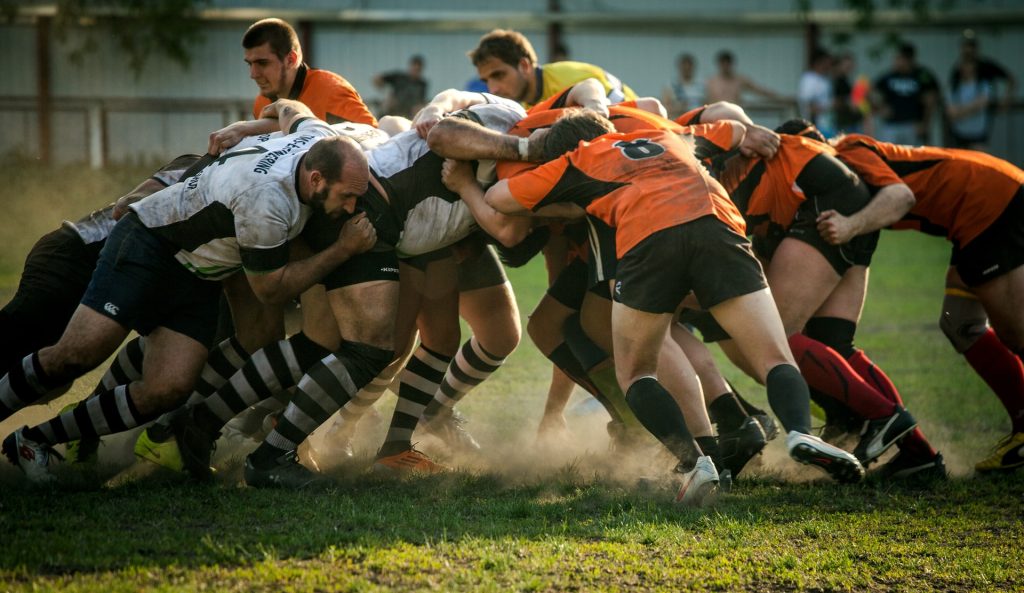Study Gives Water Fluoridation a Green Thumbs Up

For the first time, researchers have demonstrated the low environmental footprint of water fluoridation compared to other preventive measures for tooth decay while still retaining effectiveness. The study is published in the British Dental Journal.
Water fluoridation is regarded as one of the most significant public health interventions of the twentieth century. But as the climate crisis worsens, the contribution of healthcare and the prevention of disease to the crisis must be considered.
Influenced by this urgency, Trinity College Dublin researchers collaborating with University College London quantified the environmental impact of water fluoridation for an individual five year-old child over a one-year period and compared this to the traditional use of fluoride varnish and toothbrushing programmes, which take place in selected schools across the UK, and internationally.
Over 35% of the world’s population has access to water fluoridation, with studies showing significant reductions in dental caries. Whilst data on the clinical effectiveness and cost analysis of water fluoridation are available, there has been no data regarding its environmental impact up to now.
To quantify this impact, the research team performed a Life Cycle Assessment by carefully measuring the combined travel, the weight and amounts of all products and the processes involved in all three preventive programmes (toothbrushing, fluoride varnish programmes and water fluoridation). Data was inputted into specialised environmental software and the team used the Ecoinvent database, enabling them to calculate environmental outputs, including the carbon footprint, the amount of water used for each product and the amount of land use.
The results of the study, led by Brett Duane, Associate Professor in Dental Public Health at Trinity College, concluded that water fluoridation had the lowest environmental impact in all categories studied, and had the lowest disability-adjusted life years impact when compared to all other community-level caries prevention programmes. The study also found that water fluoridation gives the greatest return on investment.
Considering the balance between clinical effectiveness, cost effectiveness and environmental sustainability, researchers believe that water fluoridation should be the preventive intervention of choice.
This research strengthens the case internationally for water fluoridation programmes to reduce dental decay, especially in the most vulnerable populations.
Assoc Prof Duane said: “As the climate crisis starts to worsen, we need to find ways of preventing disease to reduce the environmental impact of our health systems. This research clearly demonstrates the low carbon impact of water fluoridation as an effective prevention tool.”
Source: Trinity College Dublin


